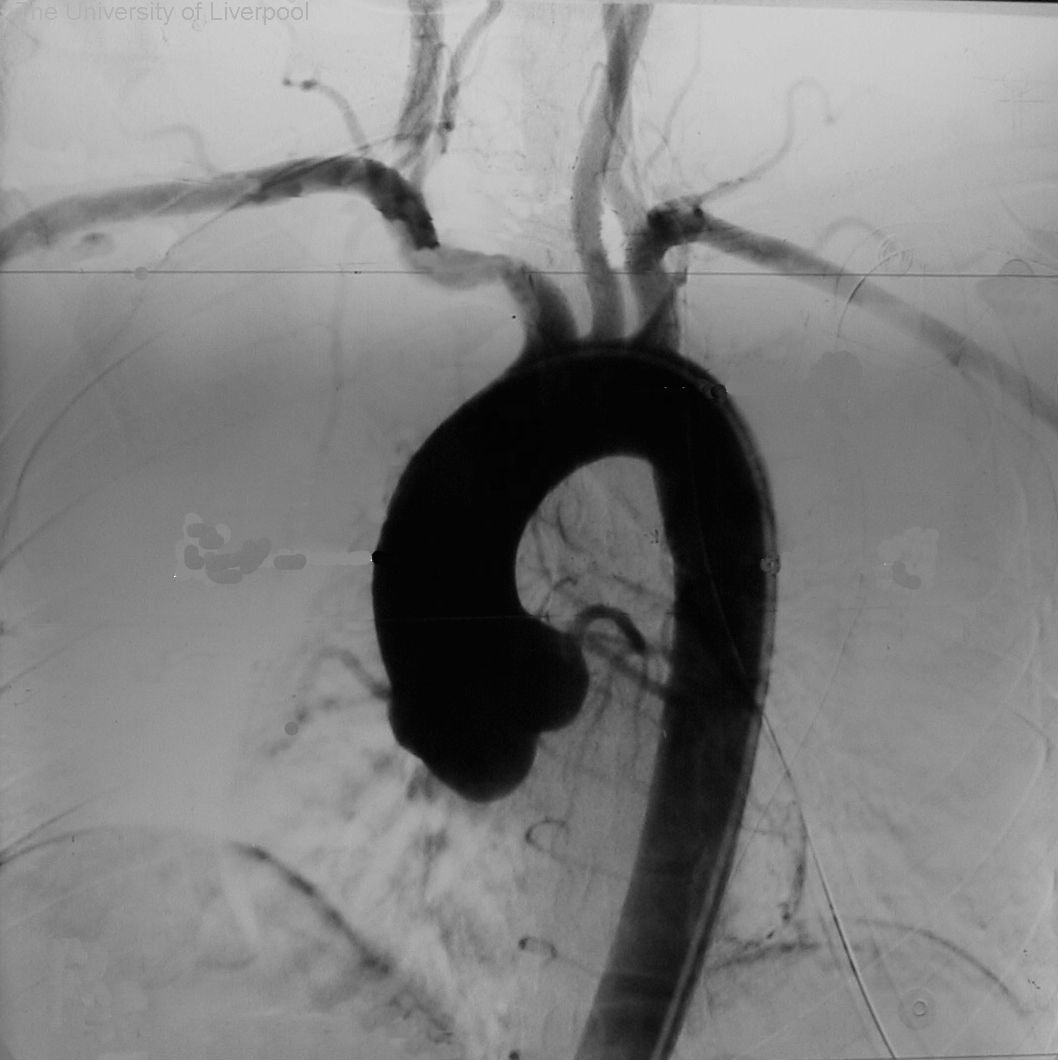This course introduces students to the basic concepts and ideas in Humanistic and Existential psychologies, and involves applying and integrating psychological theory to personal experience. Students learn about theorists such as Jung, Rogers, Maslow, May, and Frankl, and the ways in which meaning, purpose, choice, and consciousness are fundamental to existence. The development of humanistic psychology from phenomenological and existential approaches is considered, and the differences from experimental psychologies are discussed. As ways of comprehending our lives, themes of personal ('self ') and interpersonal ('self-in-relation') experience will be explored within a larger sociocultural context. Topics may include: being/becoming, intentionality, authenticity, values, growth, agency, identity, anxiety, and transcendent experience. Since this course focuses on finding ways for students to apply psychological insights to their every day lives, experiential learning, personal reflection and class discussion will be emphasized. Active class participation is therefore essential for this course, and may involve journals, small group work, written responses to the readings, or other opportunities for personal reflection, both inside and outside of class.

